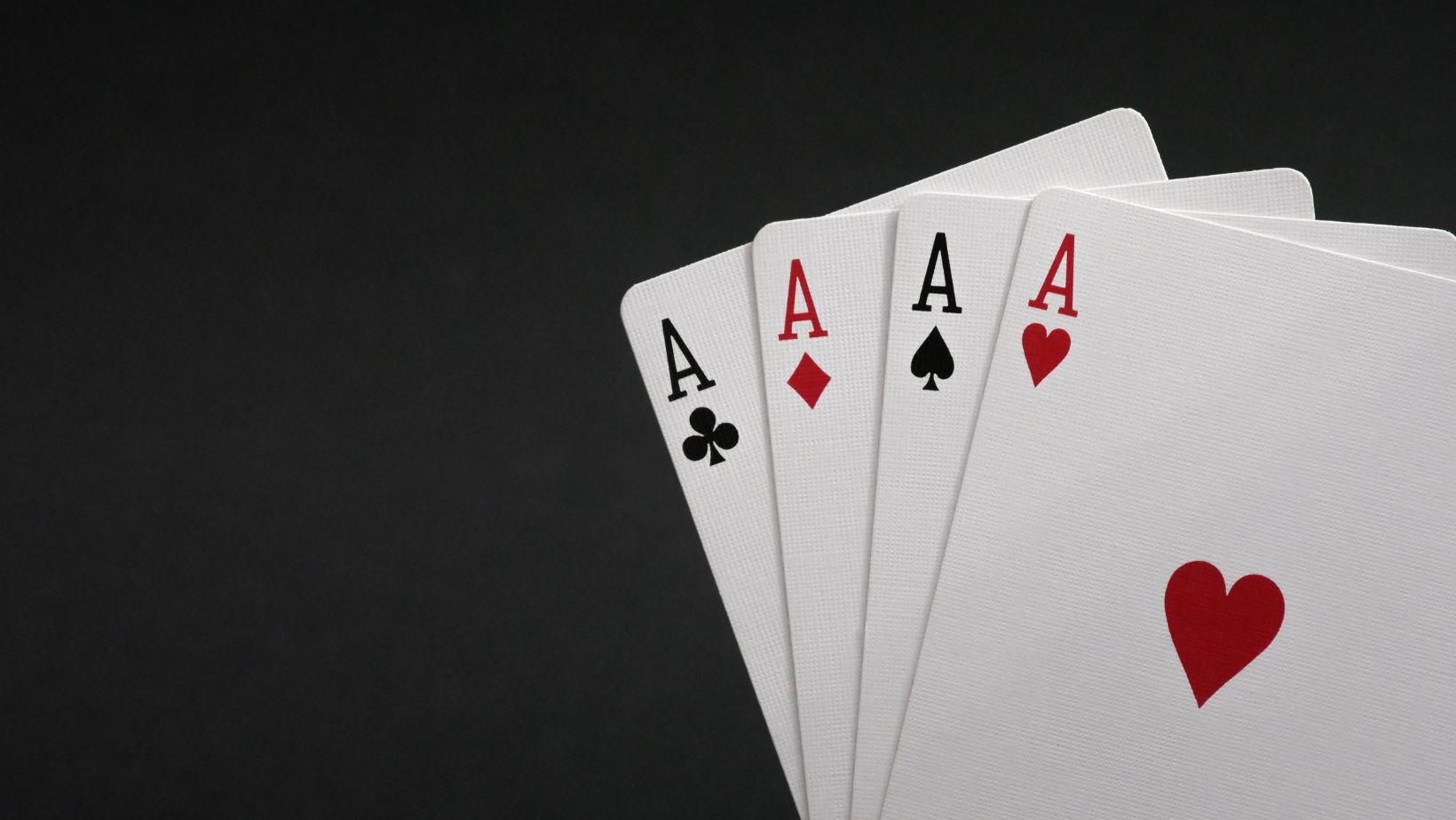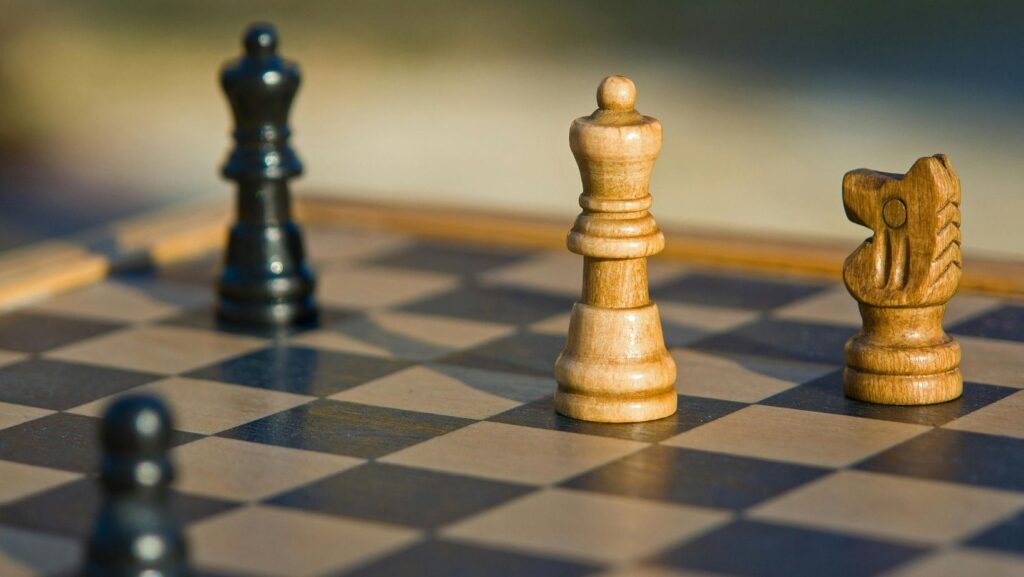People play games for all kinds of reasons. Some are drawn to the intricate, sophisticated narratives of modern gaming titles. Others use games as a way to socialise with their friends and family, or as a way to pass time on their commute to work.

And some people enjoy games because they’re intellectually stimulating and can help to elevate brain power. Of course, not all games will do that. Bejewelled, as fun as it is, will not increase your mental capacity.
If you’re interested in giving your brain a boost via gaming, stick to one of the following.
Chess
Chess is the ultimate thinking-person’s game. Invented some 1500 years ago, it’s the greatest game of all time — not only has chess survived for all those centuries, but it’s arguably never been more popular than it is right now.
You’ll need to draw upon your mental faculties in every game of chess, even if you’re playing against a complete beginner or AI. As you work through the levels, you’ll find that your ability to make strategic decisions and weigh up the consequences of them improves significantly. And that’s all because you’ll have been training your brain in those areas with every game you play.
Minesweeper
It’s possible that Minesweeper doesn’t get as much respect as it should. Today, it’s mostly known as one of the games that Windows included for free on its computers in the 1990s. So, you might be surprised to learn that Minesweeper actually offers a wide range of mental benefits, including boosting decision-making and deductive reasoning. Plus, since this is a single-player game, you can easily play a few rounds while you’re waiting for the bus. The game can be played within your browser or you can download one of the many Minesweeper apps available in the app stores.
Poker
Poker, as with chess, is an old game. While no one knows for sure when it was invented, it’s generally believed to date back to around 1815. Its enduring popularity is due, in part, to how difficult it is to become an elite poker player. It’s easy to learn poker, but mastering the game takes years. The best approach is to play frequently and spend some time each week studying the game. If you can do that, then you should be rewarded with a whole range of brain-boosting benefits, including enhanced decision-making processes, strategic thinking, and your maths skills.
Lumosity
Some games, such as chess and poker, have incidental brain-boosting powers. Other games have been specifically designed to train the brain. That’s the case with Lumosity, a popular gaming app that features puzzles which help the brain’s key areas to develop. Happily, these puzzles also happen to be fun and engaging.
The app makes some pretty big claims about the benefits of its games, and limited research has shown that those claims are accurate. For instance, in one study, it was found that participants who used Lumosity for fifteen minutes a day, five days a week performed better on memory, arithmetic, reasoning, and processing speed tests.
Crossword Puzzles
Crossword puzzles are the classic ‘casual morning game that’s probably good for you’ activity. However, there’s a pretty big caveat that we have to mention here — only crypticcrosswords are genuinely good for your brain.

Trivia crosswords are OK at testing your memory, but that’s about it. In one study, it was found that completing a cryptic crossword once a day was found to be as effective as taking brain-boosting medications for people with some level of cognitive impairment.
Wordle
Don’t have much time during the day to play games, no matter how good they might be for your brain health? Then consider playing Wordle, a once-daily word puzzle in which players have five attempts to guess a six-letter word. Win or lose, you’ll only need a few minutes to complete the game, making it an excellent way to wake up your brain each morning.
